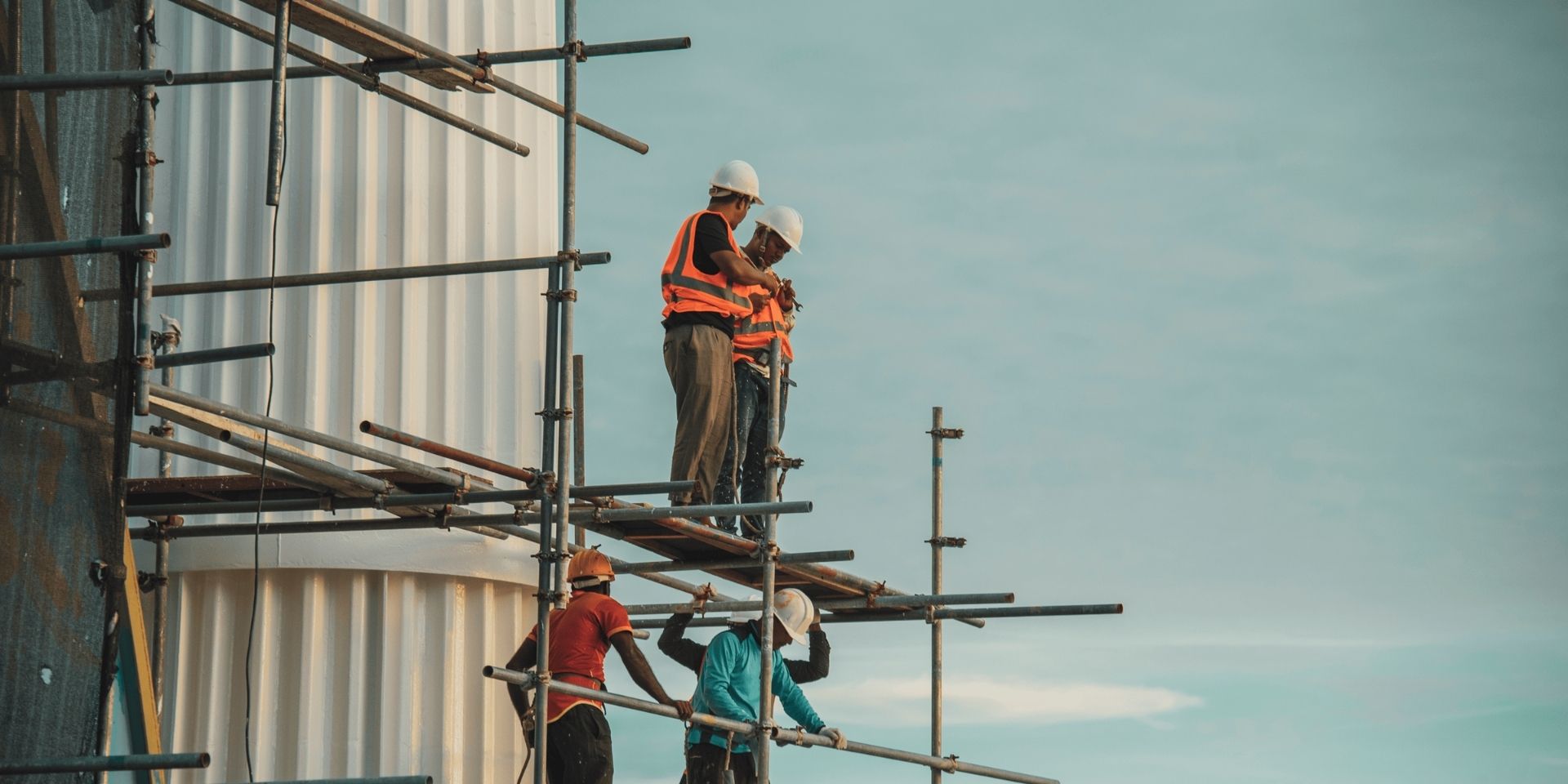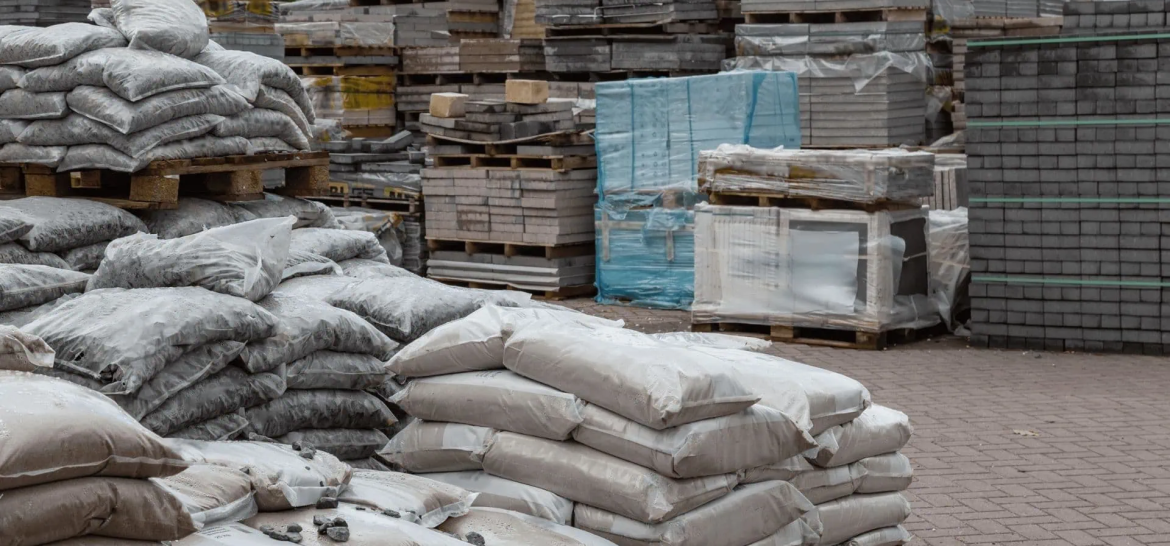Welcome to our house building supplies and construction delays blog! If you’re building a home, delays can be frustrating and expensive. From weather to supply chain issues, several reasons can delay construction. Do not worry! We’ll review the common reasons for construction delays, who may be liable for them, how to avoid or mitigate them, and how to address them.
What Causes Construction Delays?
Construction delays can come from a myriad of sources, throwing off project timetables and causing dissatisfaction for homeowners. Weather factors like severe rain or snowstorms can prevent outdoor building activity. Unexpected site issues like subsurface utilities or unstable soil may take more time and resources to fix.
Construction delays were also caused by supply chain issues. Manufacturing, transportation, or labor strikes can delay the delivery of crucial building materials or equipment, halting progress. Contractors must alter their technique and find new materials if design ideas change or scope creep occurs, which can delay the project.

Poor project management and stakeholder communication can also delay projects. Subcontractor miscommunication, scheduling issues, and skilled labor shortages can cause major delays. Bureaucratic processes may delay local permits and approvals.
Effective planning and risk mitigation needs an understanding of construction delay sources. Homeowners can reduce construction project disruptions by anticipating and addressing issues.
Who is Responsible for the Delay?
Finding out who caused construction delays is frustrating. The truth is that several causes cause delays, making it hard to blame one side.
In some cases, contractors or builders are responsible. They may have miscommunicated with suppliers and subcontractors or misjudged project timelines. Poor planning and coordination might delay material deliveries or cause scheduling difficulties.
However, bad weather or site conditions might cause delays beyond anyone’s control. Natural disasters, regulatory problems, and labor disputes can delay development.
Additionally, clients may cause delays. Mid-project design changes or sluggish decision-making on important issues might delay construction.
Focusing on blame for building delays is unhelpful. It is more productive to discover strategies to prevent similar challenges in future projects and collaborate on solutions.
Contractors and clients can reduce construction delays by communicating and planning for disruptions.
How to Avoid or Mitigate Construction Delays
Construction delays frustrate and expense homeowners and builders. There are ways to avoid or reduce delays.
A solid project plan is essential before starting construction. This includes establishing a thorough calendar of building stages. By having a clear understanding of what has to be done and when possible delays can be foreseen and prevented.
Effective communication among all parties involved is crucial. This includes maintaining open lines of discussion with your builders, subcontractors, suppliers, and any other relevant parties. Regular meetings should be held to discuss progress, address difficulties, and ensure everyone is on the same page.
Avoiding construction delays requires proper resource allocation. This entails ordering materials early to avoid shortages or last-minute rushes. Additionally, allocating enough manpower for project needs will help things go smoothly.
Selecting trustworthy contractors with deadline experience is also crucial. Before hiring, do your research and verify references to avoid unreliable people or firms.
Last but not least, contingency plans can minimize the impact of unanticipated delays on your building project. If materials run out, these designs may contain backup subcontractors or alternatives.

How to Handle a Delay During Construction
Dealing with a delay during construction can be unpleasant and daunting, but it’s crucial to handle the situation calmly and properly. Here are some recommendations to help you navigate through this hard period.
1. Communication is key: Stay in continual communication with your contractor or builder to get regular updates on the status of your project. Clear communication can help you comprehend the delay and plan accordingly.
2. Assess the impact: Consider how the delay will affect your timetable, budget, and other completion-date plans. Discussing options with your contractor requires this information.
3. investigate alternatives: While this may not always be viable, investigate materials or processes that could reduce delays without compromising quality or safety.
4. Document all delay-related talks, adjustments, and agreements. The documents will safeguard both parties in case of a dispute.
5. Be flexible: Sometimes changing expectations or compromising can help things go better. Construction projects often experience delays, so don’t allow dissatisfaction to distort your judgment.
6. Consult a construction law expert for information on protecting your interests if discussions fail or delays have substantial financial ramifications.
Remember that contractors, subcontractors, suppliers, and homeowners/clients must be patient and communicate well to handle construction delays.
Conclusion
Construction delays and house-building materials can be frustrating. Please note that delays are often out of our control and might occur for many reasons. You may better handle delays by understanding their origins, identifying the culprits, taking preventative actions, and knowing how to handle them.
All during the process, communication is crucial. Stay in touch with your contractor or builder to maintain communication. Avoid large delays by proactively resolving probable difficulties.
It’s impossible to avoid construction delays, but being prepared and having contingency plans will reduce their influence on your project timetable and budget. Due to unanticipated events, patience and flexibility are also needed.
You can overcome construction delays by being calm and taking action as needed. Keep in mind that your ultimate goal is to create a secure, beautiful home for your family!
Remember that Rome wasn’t built in a day and stay cheerful! After careful planning, good communication, and a positive outlook, you’ll soon be living in your dream home.
